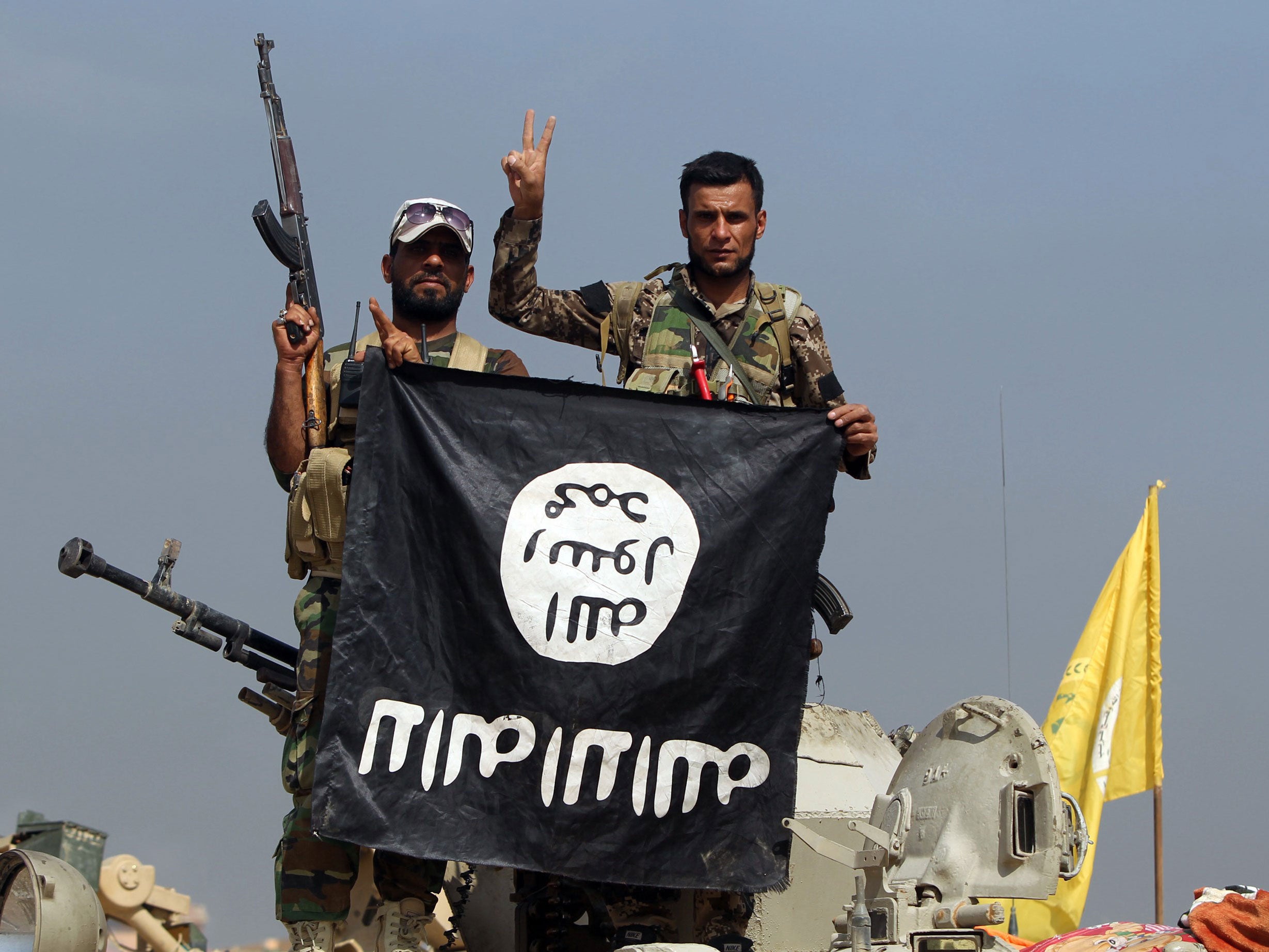US military is 'dropping cyberbombs' on Isis, deputy defence secretary says
The US Cyber Command is stepping up its assaults against Isis

The US military is "dropping cyberbombs" on Isis, Deputy Secretary of Defence Robert Work has said.
His comments follow on from Defence Secretary Ashton Carter's announcement earlier this month that the US Cyber Command had been given its "first wartime assignment."
The Cyber Command, which operates from its base near the NSA headquarters in Fort Meade, Maryland, has generally been shrouded in secrecy since its formation in 2009.
However, in the last few months, the Department of Defence has become more open about its cyber war against Isis. Colourfully describing the Cyber Command's operations to reporters, Work said: "We are dropping cyberbombs. We have never done that before."
As CNN reports, Work added: "Just like we have an air campaign, I want to have a cyber campaign. I want to use all the space capabilities I have."
According to past statements from military leaders, much of the US's cyber war against Isis is focused on disrupting the group's communications systems, which they use to spread their message, recruit new fighters and organise attacks.
Cyber tactics are also being used to hamper their finances, making it more difficult for them to operate and pay their fighters.
Some people in the intelligence community have warned that stepping up cyberattacks against Isis could simply drive them underground, forcing them to adopt more low-tech alternatives that may be harder for intelligence agencies to target.
However, Carter has said this could be a blessing in disguise. Speaking to reporters at a February briefing, he said: "As we disrupt the Isis communications via cyber or other mothods, sometimes we do drive them to other means. But it cuts both ways. Sometimes, those other means are easier for us to listen to."
"So by taking away some of the ways that they are used to operating, they're protected and that they regard as an information sanctuary, drives them to other, including older technologies."
"So one way or another, it is a very effective tool."
Join our commenting forum
Join thought-provoking conversations, follow other Independent readers and see their replies
Comments
Bookmark popover
Removed from bookmarks